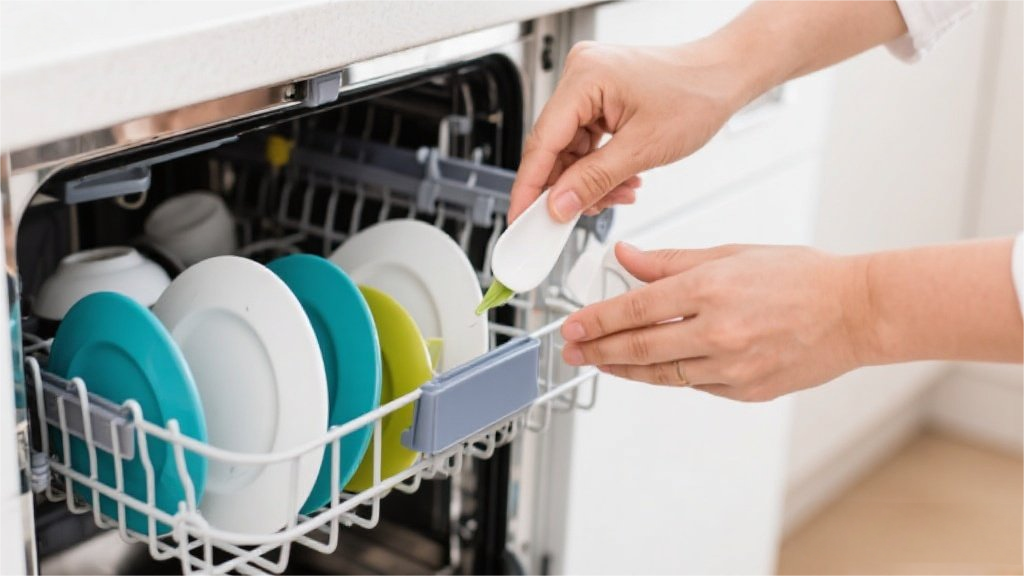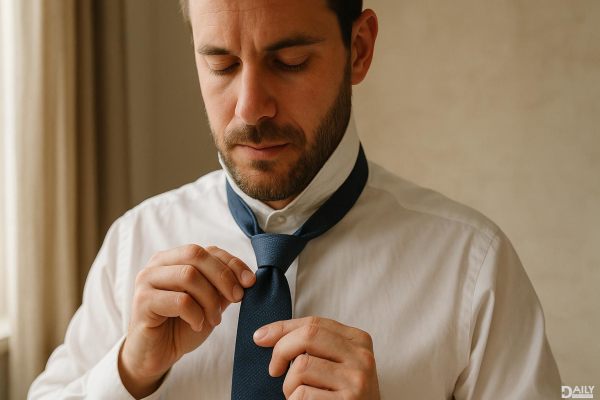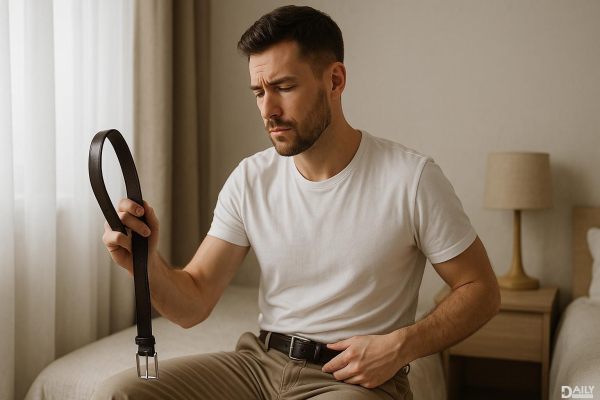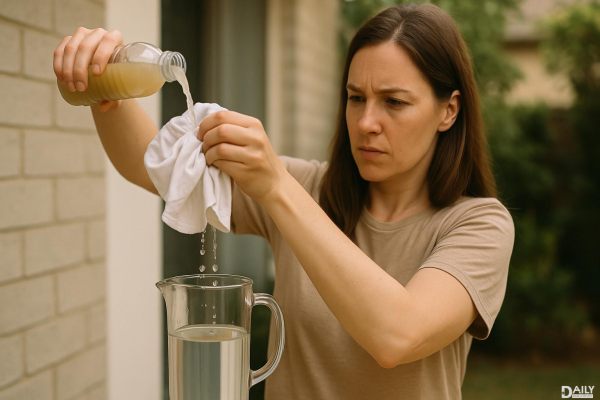If your shoes smell like a bag of stale corn chips, you're not alone—and no, you didn't accidentally step in a Fritos factory. That funky, cheesy-foot aroma is actually caused by bacteria feasting on your sweat, creating a byproduct called propionic acid. It's the same compound that gives certain cheeses (and yes, corn chips) their signature tang. So congrats, your feet are basically a tiny snack factory. But don't worry, we've got the science-backed hacks to banish the stink for good.
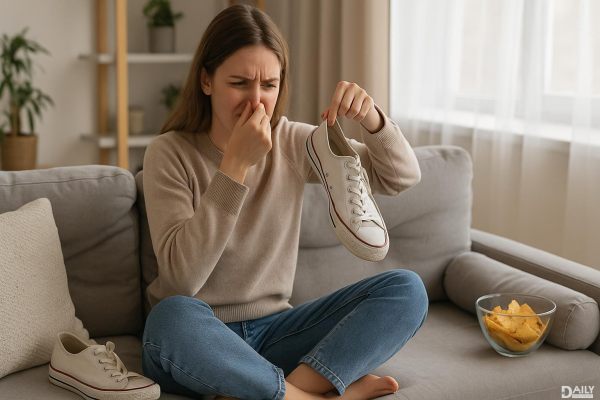
Your feet have more sweat glands per square inch than almost any other body part—about 250,000 of them pumping out moisture daily. When that sweat gets trapped in shoes (especially synthetic materials), it creates a VIP lounge for bacteria like Brevibacterium and Staphylococcus epidermidis. These microbes break down sweat into stinky acids, including the corn-chip culprit propionic acid. Humidity, lack of airflow, and wearing the same shoes repeatedly turn your kicks into a bacterial buffet. And if you're thinking "but I wear socks!"—cotton traps moisture instead of wicking it away, making things worse.
Not all shoes are created equal when it comes to odor. Synthetic materials like polyester or vinyl might be cheap, but they're basically plastic bags for your feet—zero breathability. Leather or canvas allows better airflow, while moisture-wicking linings (look for merino wool or bamboo charcoal fibers) actively pull sweat away. Socks are equally important: swap cotton for antimicrobial blends with silver ions or copper-infused fibers that neutralize bacteria before they can throw their stinky party.
Wearing the same shoes two days in a row is like giving bacteria a timeshare—they'll settle in and multiply. Rotate between at least two pairs, giving each 24+ hours to fully dry out. Stuff them with cedar shoe trees or crumpled newspaper overnight to absorb moisture (bonus: cedar has natural antibacterial properties). For extreme cases, try the freezer trick: seal shoes in a plastic bag and freeze overnight. The cold nukes odor-causing bacteria without damaging most materials.
Baking soda is the OG odor absorber, but for a heavy-duty refresh, mix equal parts white vinegar and water in a spray bottle. Lightly mist the interior (avoid oversaturating) and let air dry—the acetic acid kills bacteria without harsh chemicals. For removable insoles, soak them in black tea (the tannins are antibacterial) or hydrogen peroxide solution. Pro tip: Sunlight is a natural disinfectant; leave shoes outside on a sunny day for UV-powered deodorizing.
If the corn chip smell comes with itching, peeling skin, or yellow nails, you might be dealing with athlete's foot (a.k.a. tinea pedis). This fungal infection thrives in damp shoes and can spread to other body parts. Over-the-counter clotrimazole sprays work well, but for stubborn cases, a dermatologist can prescribe oral antifungals. Prevent recurrences by dusting shoes with antifungal powder and going barefoot at home to let feet breathe.
Some shoes are beyond saving—if the stink persists after multiple cleanings, it's time for a Viking funeral. Before buying replacements, invest in a UV shoe sanitizer (they look like little tunnels for your kicks) or ozone generator to nuke bacteria in future pairs. And if all else fails? Embrace the chaos: one study found that the smell of sweaty feet actually repels mosquitoes. Silver linings, right?
Ultimately, foot odor is a universal struggle—even Beyoncé probably has a pair of sneakers that smell like a gas station nacho stand. The key is disrupting the bacteria's happy hour by controlling moisture, choosing breathable materials, and cleaning strategically. Now go forth and reclaim your shoe dignity (and maybe snack on some actual corn chips guilt-free).
